'This is not a drill': WHO urges world to take virus more seriously
The epidemic has wreaked havoc on international business, tourism, sports events, and schools, with almost 300 mn students sent home worldwide.
World health officials have warned that countries are not taking the coronavirus crisis seriously enough, as outbreaks surged across Europe and in the United States where medical workers sounded warnings over a "disturbing" lack of hospital preparedness.

Global markets tumbled again over concerns about the impact on the economy and as countries took more drastic steps to prevent contagion of a disease that has killed over 3,300 people and infected nearly 100,000 in some 85 nations.
Cases soared in Italy, France, Greece, and Iran, while a cruise ship was held offshore in California to test passengers showing symptoms of the disease -- echoing a harrowing episode in Japan several weeks ago that saw hundreds infected on a luxury liner.
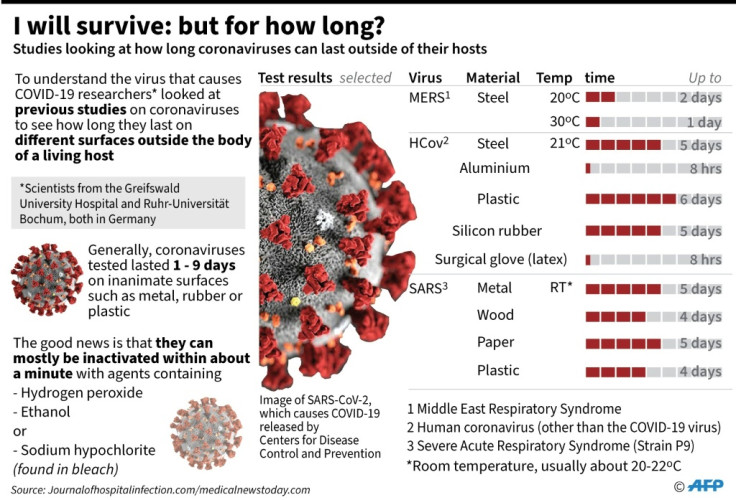
The epidemic has wreaked havoc on international business, tourism, sports events, and schools, with almost 300 million students sent home worldwide.
Even religion is affected: The Vatican said Pope Francis may have to change his schedule, tourists have been barred from Bethlehem, and Saudi Arabia emptied Islam's holiest site in Mecca to sterilise it.
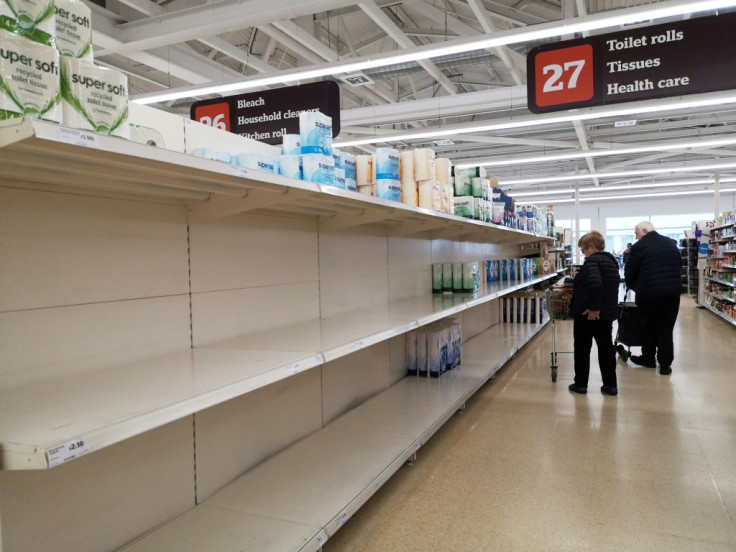
China -- where the virus emerged late last year -- still accounts for the majority of cases and deaths, but infections are now rising faster abroad, with South Korea, Iran and Italy major hotspots.
The World Health Organization warned Thursday that a "long list" of countries were not showing "the level of political commitment" needed to "match the level of the threat we all face".
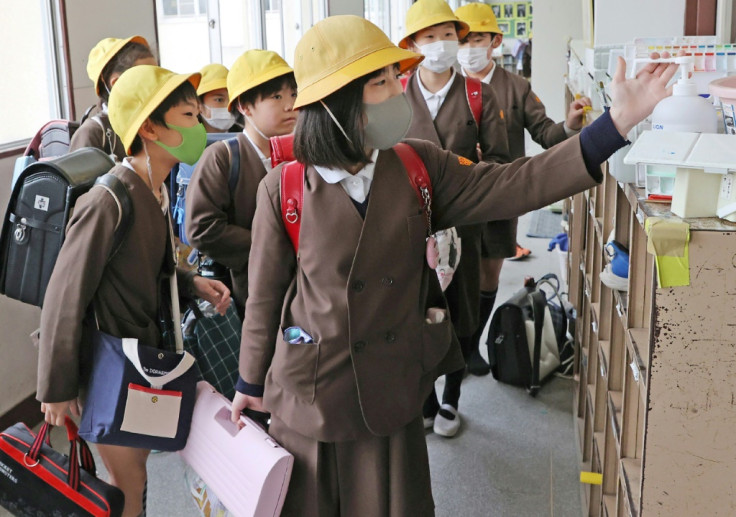
"This is not a drill," WHO chief Tedros Adhanom Ghebreyesus told reporters.
"This epidemic is a threat for every country, rich and poor."
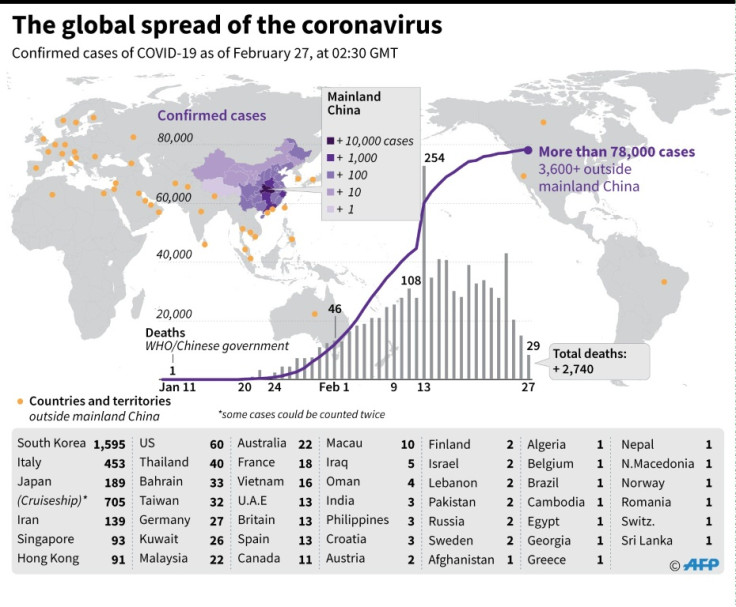
Tedros called on the heads of government in every country to take charge of the response and "coordinate all sectors", rather than leaving it to health ministries.
What is needed, he said, is "aggressive preparedness."
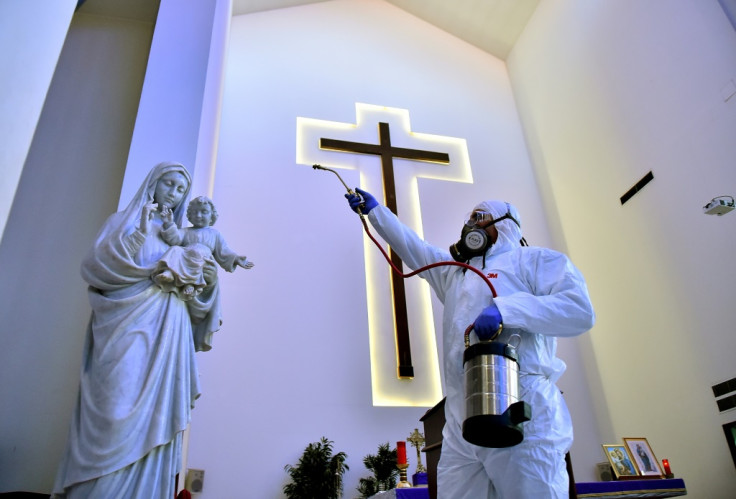
In the United States, the largest nursing union said a survey of thousands of nurses at hospitals showed "truly disturbing" results.
"They show that a large percentage of our nation's hospitals are unprepared to safely handle COVID-19," said Jane Thomason, a hygiene specialist with the union.
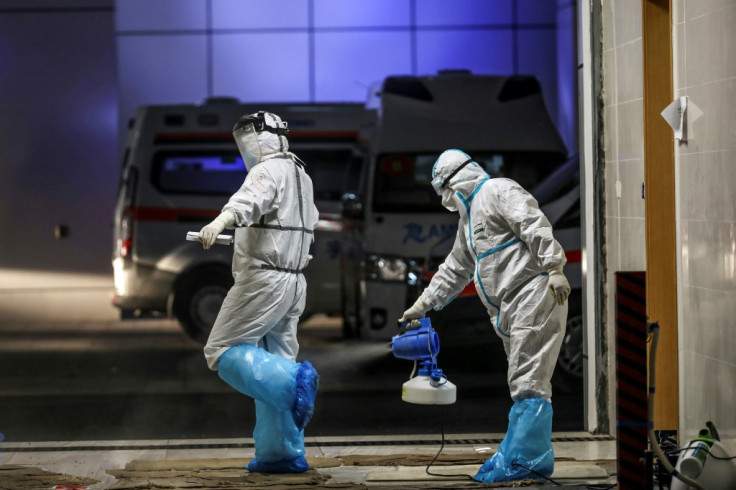
Nurses are working without necessary personal protective equipment and lack education and training for handling the disease, said National Nurses United director Bonnie Castillo.

The US Congress passed an emergency $8.3 billion spending bill to combat the coronavirus on Thursday as the number of cases surged in the country's northwest and deaths reached 12.

More than 180 people are infected in the United States.
But President Donald Trump has downplayed the risk, saying the WHO's conclusion of a 3.4 percent mortality rate was "false".
Admiral Brett Giroir, the assistant secretary of health, estimated the death rate at "somewhere between 0.1 percent and one percent" -- closer to the seasonal flu -- due to a high number of unreported cases.
Passengers on a cruise ship stranded off the coast of San Francisco were confined to their cabins Thursday as tests were conducted to determine if any of the nearly 3,500 guests and crew had contracted the new coronavirus.
Health officials sounded the alarm after two passengers who had been on board during a previous voyage between San Francisco and Mexico later fell ill and one of them died.
The Grand Princess belongs to Princess Cruises, the company that operated the Diamond Princess -- the coronavirus-stricken ship held off Japan last month from which more than 700 people tested positive and six died.
Cases in China have gradually fallen as tens of millions of people remain under strict quarantine to contain the virus.
But fresh infections rose for a second consecutive day on Friday, with 143 new cases, and 30 more deaths.
China's death toll now stands at 3,042 with over 80,500 infections.
Beijing faces a new concern with the number of cases imported from abroad rising to 36.
But cases are increasing faster in other countries.
Italy, which has the biggest outbreak in Europe, has ordered schools and universities shut until March 15, and on Thursday reported a sharp rise in deaths, bringing the total to 148.
France also reported a steep jump in cases, bringing its total to 423 with seven deaths, as President Emmanuel Macron warned the country was heading towards an "inevitable" epidemic.
Stock markets in Asia were sharply down on Friday, with Tokyo losing more than 3.0 percent by the break, following another sell-off on Wall Street as traders fret about the economic fallout from the disease.
Copyright AFP. All rights reserved.
This article is copyrighted by International Business Times, the business news leader





















